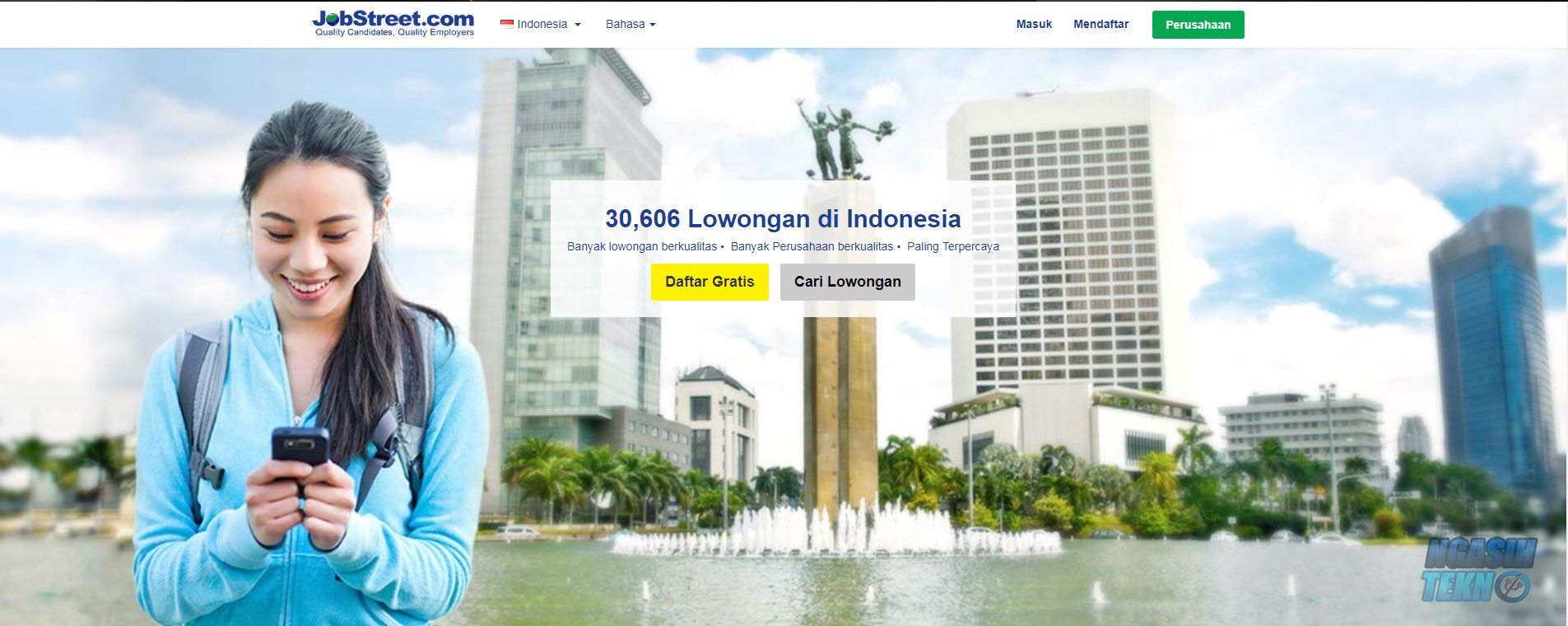Hiring server near me—the search phrase speaks volumes about the growing need for localized, accessible server solutions. Businesses of all sizes, from solo entrepreneurs to large corporations, are increasingly reliant on robust and reliable servers to power their operations. This demand is fueled by the need for low latency, enhanced security, and cost-effective solutions tailored to specific geographical needs.
Understanding the nuances of choosing a server—cloud-based, on-premise, or dedicated—is crucial for success.
This guide navigates the complexities of finding the ideal hiring server, examining various server types, key selection factors, and methods for locating reputable local providers. We’ll also delve into crucial security and maintenance considerations, pricing models, and real-world examples illustrating the diverse applications of hiring servers.
Understanding the “Hiring Server Near Me” Search
The search query “hiring server near me” reveals a diverse range of users with varying needs and technical expertise. Understanding these user profiles is crucial for businesses offering server solutions. The proximity element (“near me”) highlights the importance of localized service and support.
User Types and Their Needs
Several distinct user types employ this search. Each possesses unique requirements impacting their server choices.
Finding a local server for your business needs can be challenging, but options abound. For those in Mendocino County, checking the classifieds is a smart move; you might find what you’re looking for by browsing mendocino county craigslist for potential leads. Remember to verify any listings thoroughly before committing to a hiring decision, ensuring the server meets your specifications and security requirements.
- Small Businesses: These users often need cost-effective, easy-to-manage solutions with limited technical expertise. They may prioritize affordability and readily available support over advanced features. User Persona: Sarah, owner of a small bakery, needs a reliable server to manage online orders and customer data without significant IT overhead.
- Large Corporations: These users typically require highly scalable, secure, and robust servers with advanced features and high availability. They often have dedicated IT teams to manage their infrastructure. User Persona: David, IT manager at a large financial institution, needs a highly secure and scalable server to handle massive transaction volumes and sensitive customer data.
- Individuals: This group may range from developers needing personal servers for projects to individuals hosting small websites or applications. Their needs vary greatly, often prioritizing affordability and ease of use. User Persona: Mark, a freelance web developer, needs a server to host his client’s websites and manage their content, with a focus on ease of access and control.
The “near me” aspect signifies a preference for local providers, emphasizing factors like proximity for faster support response times and potential in-person assistance.
Types of Hiring Servers: Hiring Server Near Me
The market offers several types of hiring servers, each catering to different needs and budgets. Understanding the differences is critical for informed decision-making.
Server Types: Features and Benefits
Three primary server types exist: cloud-based, on-premise, and dedicated.
| Type | Pros | Cons | Example Providers |
|---|---|---|---|
| Cloud-Based | Scalability, cost-effectiveness, accessibility | Vendor lock-in, potential security concerns, reliance on internet connectivity | Amazon Web Services (AWS), Google Cloud Platform (GCP), Microsoft Azure |
| On-Premise | Greater control, enhanced security, no reliance on internet connectivity | High upfront costs, ongoing maintenance, limited scalability | Dell, HP, Lenovo (for hardware); Requires internal IT management |
| Dedicated | High performance, dedicated resources, enhanced security | High cost, requires technical expertise for management | Rackspace, LeaseWeb, OVHcloud |
Factors Influencing Server Selection
Choosing the right server involves considering several interconnected factors, each impacting cost and performance.
Prioritizing Server Selection Factors
Factors should be prioritized based on individual needs. Budget often dictates initial choices, followed by scalability needs and security requirements. Technical expertise influences the manageability aspect.
- Budget: This sets the overall financial limitations, affecting the type and features of the server.
- Scalability: The ability to easily expand resources as needs grow is crucial for long-term cost-effectiveness.
- Security: Data protection is paramount, demanding robust security features and measures.
- Technical Expertise: The level of in-house IT knowledge impacts the choice between managed and self-managed solutions.
Hypothetical Scenario: A startup with limited budget but high growth potential might initially choose a cloud-based server for its scalability and cost-effectiveness, accepting a slightly higher security risk. As it grows, they can transition to a more robust solution.
Finding Local Hiring Server Providers
Several methods exist for locating local server providers. Each offers different levels of effectiveness and information.
Locating and Evaluating Providers
A multi-pronged approach is recommended for finding suitable providers.
- Online Search Engines: Use specific s like “dedicated server hosting near me” or “cloud server provider [city/region]”.
- Industry Directories: Explore directories specializing in hosting and server solutions.
- Professional Networking: Leverage platforms like LinkedIn to connect with professionals in the IT industry.
Evaluate potential providers based on reviews, pricing, service level agreements (SLAs), and technical support options. A step-by-step process involves researching, comparing quotes, checking references, and testing the service before committing.
Security and Maintenance Considerations
Server security and ongoing maintenance are critical for ensuring performance and data protection.
Maintaining Server Security and Performance
Regular security updates, robust access controls, and network security measures are essential.
- Regular software updates and patching.
- Strong passwords and multi-factor authentication.
- Firewall implementation and configuration.
- Regular security audits and penetration testing.
- Data backups and disaster recovery planning.
- Monitoring server performance and resource utilization.
Cost and Pricing Models
Server pricing varies widely depending on the type, provider, and features.
Understanding Server Pricing, Hiring server near me
Different pricing models exist, each with implications for budget management.
- Subscription: Recurring monthly or annual fees for server access and resources.
- Pay-as-you-go: Paying only for the resources consumed, offering flexibility but potentially higher costs for unpredictable usage.
- One-time purchase: A single upfront payment for server hardware, requiring additional costs for maintenance and upgrades.
Hidden costs can include data transfer fees, support charges, and potential penalties for exceeding usage limits.
Illustrative Examples of Server Use Cases

Source: idcloudhost.com
Hiring servers proves beneficial across various scenarios. Here are three illustrative examples.
Server Use Case Scenarios
- E-commerce Website: A small online retailer uses a cloud-based server to host their website and manage online orders. The scalability of the cloud allows them to handle increased traffic during peak seasons. The server features include database management, e-commerce platform integration, and security features to protect customer data. The outcome is increased sales and improved customer experience.
- Internal Corporate Network: A large corporation utilizes a dedicated on-premise server to manage its internal network and employee data. The dedicated resources ensure high performance and security, vital for sensitive corporate information. Features include robust security protocols, access control mechanisms, and network management tools. The outcome is enhanced operational efficiency and improved data security.
- Game Server: A game development studio employs a dedicated server to host their online multiplayer game. The high performance and dedicated resources ensure low latency and a smooth gaming experience for players. Features include robust networking capabilities, player authentication, and anti-cheat mechanisms. The outcome is a high-quality gaming experience, increased player engagement, and potentially monetization through in-game purchases.
Final Thoughts

Source: nextekno.com
Ultimately, selecting a hiring server is a strategic decision demanding careful consideration of multiple factors. By understanding user needs, exploring available server types, and meticulously evaluating potential providers, businesses can secure a solution that optimizes performance, enhances security, and aligns with their budget. This guide serves as a roadmap, empowering users to make informed decisions and harness the power of local server infrastructure.
